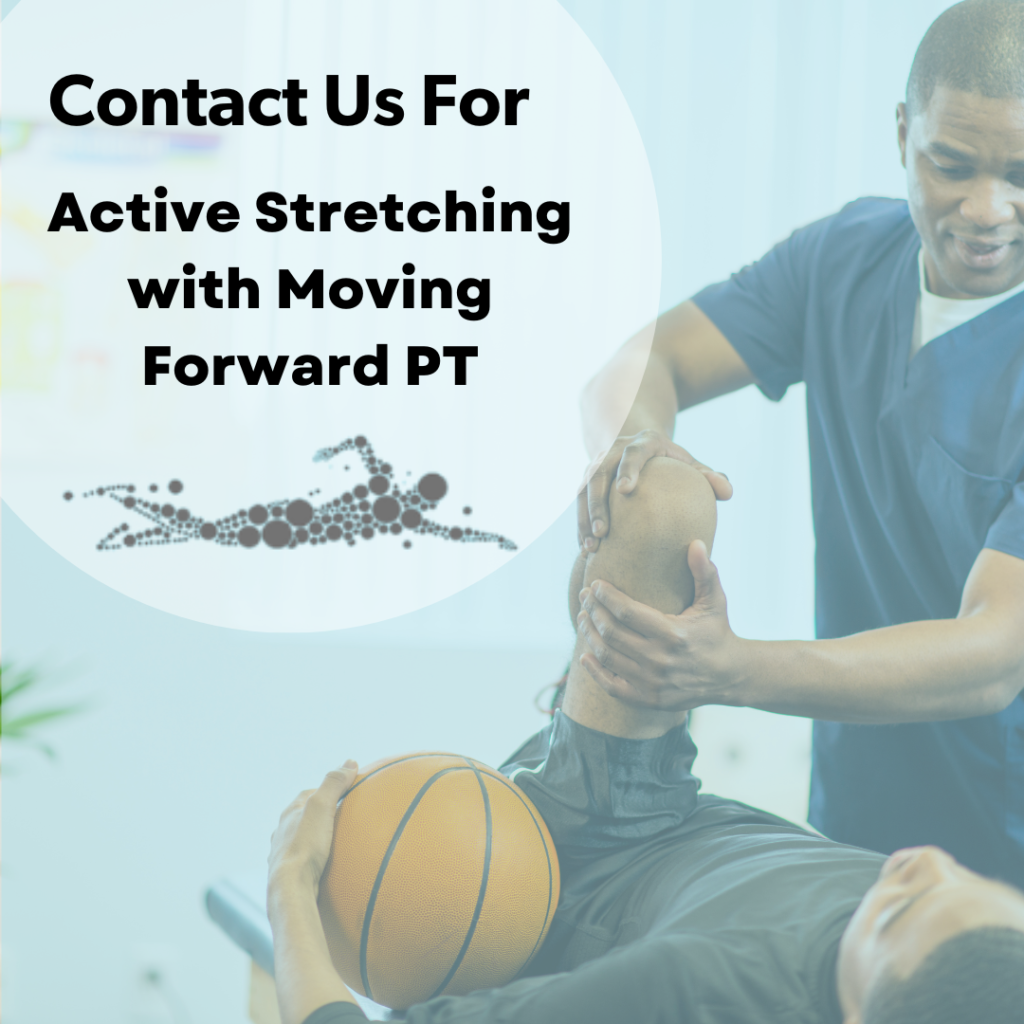The Meniscus is a cartilage block that attaches onto the top of the tibia plateau and makes contact with the femur. There is a lateral and medial meniscus, with the medial meniscus being more “C-shaped” and the lateral meniscus being more “O-shaped.” The meniscus cushions the joint and acts as a shock absorber. As a result, the meniscus reduces the amount of stress on the joint. It is important for joint congruency, load transmission, joint stability, and it serves as an extension and flexion block.
Symptoms
- Pain
- Swelling within the joint
- Cannot achieve full leg flexion or extension
- Feeling as if your knee gets stuck or locks out
- Knee stiffness
- A sensation of giving away or instability in the knee
Diagnosis
Your physician will evaluate your injury by taking a complete medical history, including mechanism of injury, prior injuries and symptoms. Your physician will complete a physical examination of your knee. Your physician may recommend an MRI which is the best way for seeing a meniscus tear. Your physician may recommend surgery or may suggest physical therapy pending the degree of damage to the meniscus.
Treatment
- Rest – stay off your leg as much as possible, or use an ambulatory device, such as crutches
- Ice – use ice for 20 minutes on with 40 minutes off throughout the day, for the first 72 hours since the injury occurred
- Compress – use a compression sleeve or ace wrap (this will help to reduce the swelling)
- Elevate your leg – keep your knee elevated
- Take an anti-inflammatory or pain medication prescribed by your physician
Surgery
Arthroscopic surgery is a possible solution for a meniscus tear. The surgeon will insert a tube into the knee. This tube has a light and camera on the end and makes it easier for the doctor to remove the damaged meniscus.
Rehab
After the surgery, physical therapy will be recommended to strengthen the muscles surrounding the knee joint.
Prevention
- Strong muscles in the thigh – quadriceps, adductors, and hamstrings
- Stretch before and after you exercise

